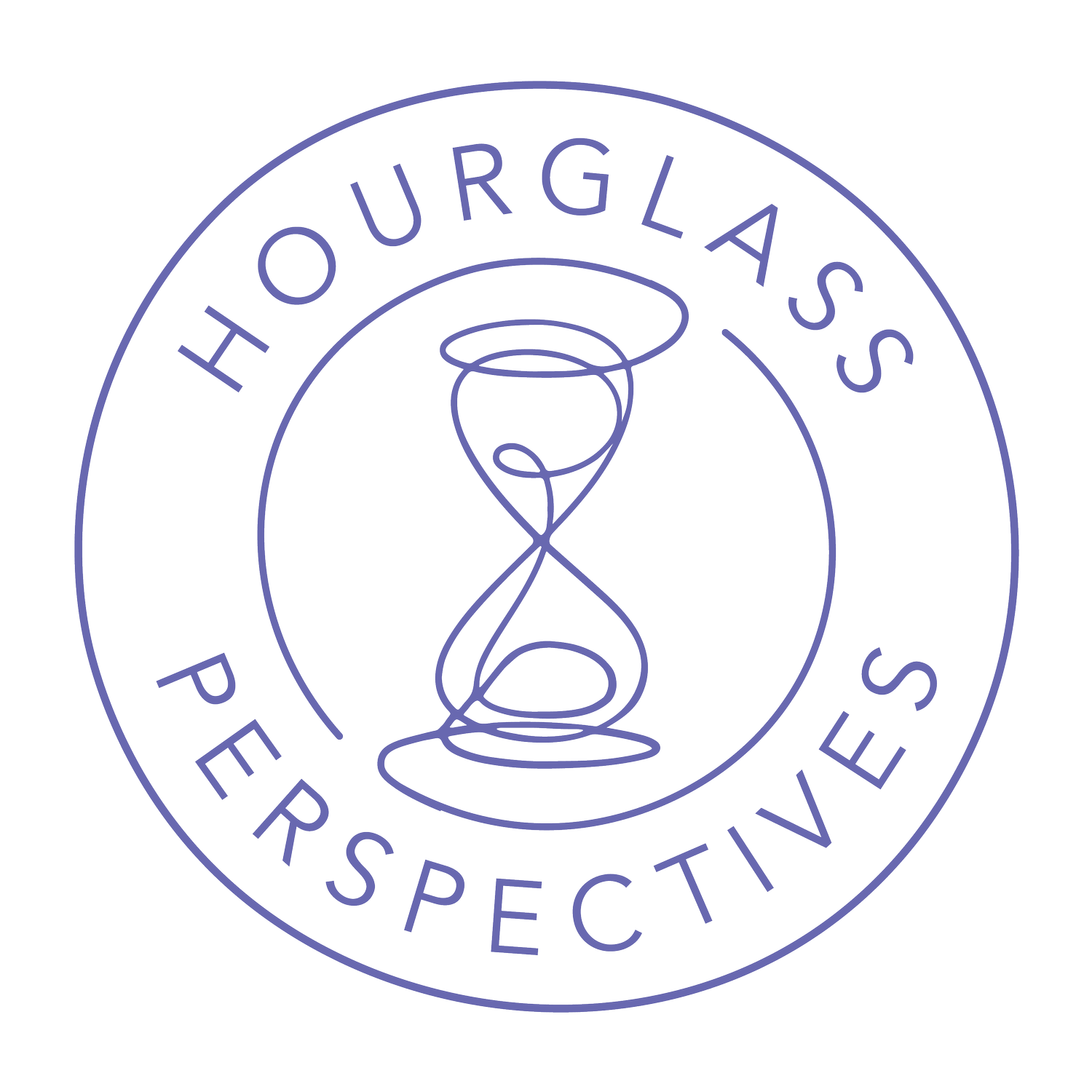"Not Boring" Parent Education: Sparking Engagement with Reflective Dialogue
Recently, I was thrilled to receive feedback from a new member of the Reflective Dialogue Community, who had just tried out our approach with a group of parents.
Mary told me…
“It was so fabulous, and the parents loved it so much. I couldn’t even sleep, I was so excited when I came home. They were all diving in.”
She then compared it to the PowerPoint sessions she usually delivered, saying how dull they seemed in comparison:
“And then when I did a PPT lesson, ugh, it was so boring. They were all like [sleeping sounds]. So I said, ‘next week we’ll do the talking thing again.’”
It’s amazing to hear how RDPED not only brings parent education to life but sparks real connection and excitement.
So, what makes RDPED so much more engaging than traditional methods? Let’s break it down.
What is Reflective Dialogue?
Reflective Dialogue Parent Education Design (RDPED) is an approach that goes beyond just giving information. It's designed to create learning experiences that resonate deeply with parents, helping them see themselves, their children, and their relationships in new, transformative ways. Rather than simply teaching parenting "tips and tricks," RDPED engages parents’ perspectives, allowing them to explore their own thoughts and beliefs while considering new approaches.
One of the core strategies of RDPED is using video clips paired with open-ended Hourglass Questions. Unlike traditional instructional videos, these clips aren’t there to explain or direct; they’re natural interactions between parents and children. They allow viewers to notice, reflect, and respond from a variety of perspectives, and to consider the lived experiences of everyone involved.
Why Parents Find Reflective Dialogue "Not Boring"
This approach transforms parent education from passive to active. Here’s how:
Engagement through Observation: By watching family interaction in a video, parents get to be “flies on the wall,” reflecting on the dynamics in front of them without being told what to think. This freedom to explore their own thoughts and reactions is naturally more engaging than simply listening to a lecture.
Structured Reflection with Hourglass Questions: The power of video continues to be supported, like in this article by Greater Good Magazine. But, we take this one step further. After watching the video, parents discuss a semi-structured set of open-ended questions that are intentionally designed to meet parents where they are, focus attention on specific experiences in the clip (like the feelings of a child or parent in a moment), and then expand to broader reflections on how these dynamics might play out in their own lives. This structured reflection invites empathy, understanding, and personal connections.
Meaningful Discussions and Practical Insights: By facilitating group dialogue around these reflections, parents connect the insights they gain from the video to their own parenting experiences. This can lead to “aha” moments that help them approach future challenges with fresh understanding and confidence.
The Power of Generative, Relevant Learning
Why does this matter? Because when learning is truly engaging, it’s more likely to impact a parent’s deeply held beliefs and assumptions. Traditional methods often struggle to create change because they don’t challenge these underlying perspectives; they simply add new information to old frameworks. Reflective Dialogue, however, offers a chance to shift those perspectives—inviting parents to see and respond to their children in ways that create lasting change in their relationships and family dynamics.
By engaging parents in a generative learning process, RDPED supports changes that extend far beyond the topics covered in a single session. Parents gain insights they can apply in future situations, equipped to make decisions that support their children’s growth and well-being.
You can read more about RDPED’s impact in this article written for the National Council on Family Relations.
Do I Have to Throw Out All My PowerPoint Slides?
The answer is no! It’s important to mix teaching methods, as clear and concrete information is helpful. But it’s most impactful when parents are primed for it and find it directly relevant to them.
This is where we remind ourselves that parents (myself included) are adult learners who determine what they learn, engage in what’s relevant to them, and tend to use their past to understand new information.
Parent education that overemphasizes information or leaves discussion too unstructured may reinforce parents’ prior perspectives. But when you intentionally mix in methods that are engaging, reflective, and maybe a bit unexpected, you spark new ways of thinking that open up new ways of parenting.
PowerPoint slides, when used judiciously, can complement the dynamic engagement of Reflective Dialogue. For example, you might start with a reflective activity to engage parents’ curiosity and then use slides to deliver actionable steps or helpful frameworks. The combination ensures that learning is both meaningful and practical.
Ready to Try a "Not Boring" Approach?
If you're a parent educator, coach, or home visitor, and you’re ready to explore an approach that fosters real change, I’d love to connect with you. Reflective Dialogue brings depth, insight, and engagement to parent education that is as meaningful as it is effective.
Visit rdped.com to learn more about joining our learning community.
Or, reach out to me directly to discuss how RDPED can transform your work with parents.

